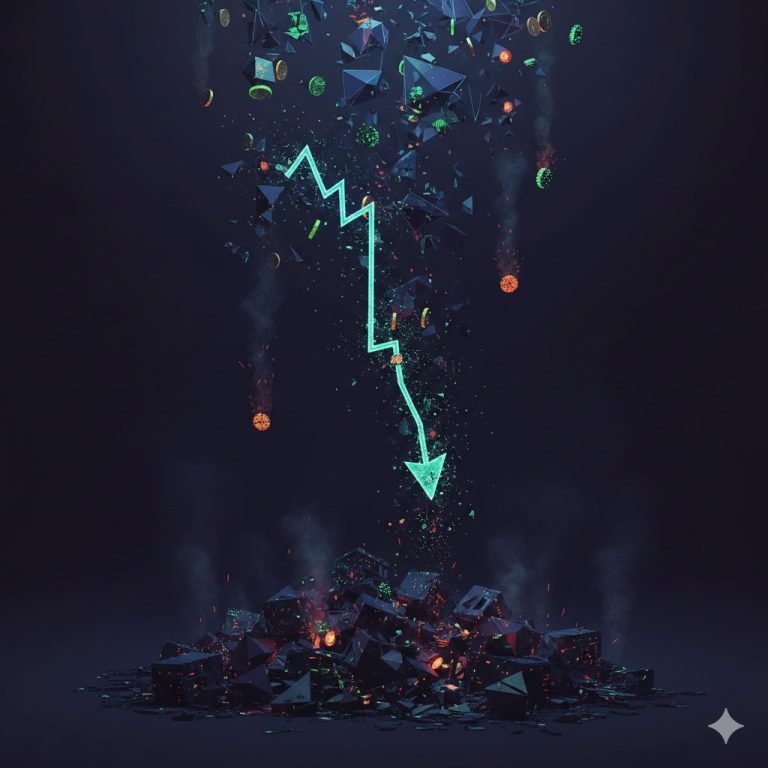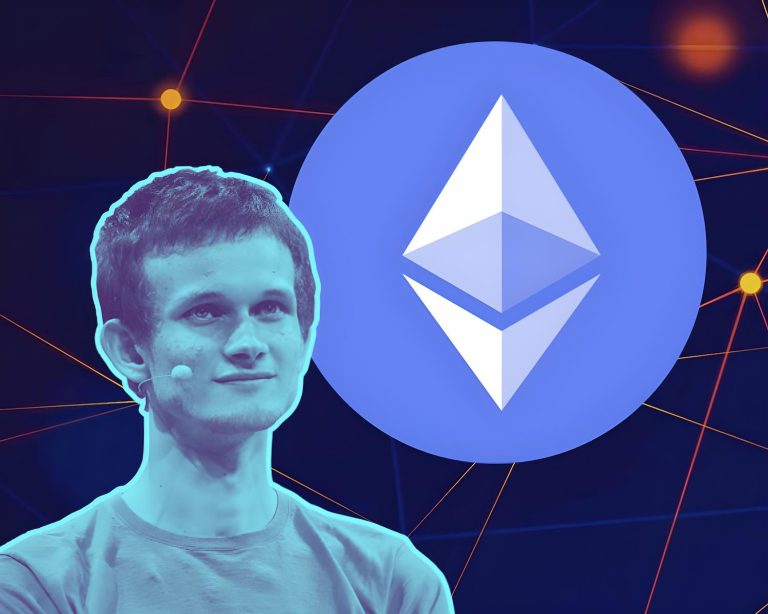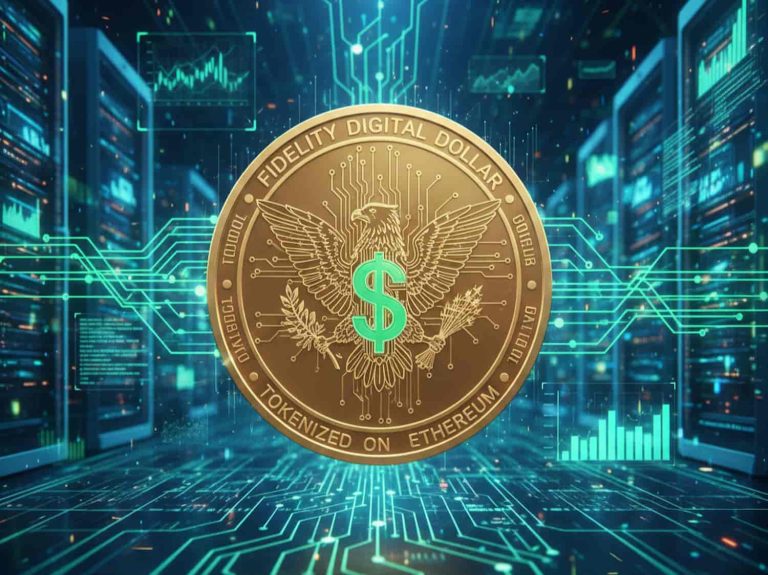
Polkadot is a technology, the product is the parachains that are domain specific blockchains, that can do one thing very well, for example with high performance.
Polkadot provides the security to the parachains since the parachains inherit the security of polkadot consensus. Polkadot chains share the same security and therefore it is easy to have them talk to each other. Communication between blockchains is safe and hack proof, only if the chains participating in the communication are at the same level of security.
The products, like blockchain bridges, that are attempting to deliver communication between blockchain that are not under the same consensus, are flawed, very seriously flawed. Recently, hacks of hundreds of million has happen because of this underlining flaw, while the hacks have happened because of specific bugs, the fundamental flow is that one chain getting hacked has a toxic effect on any chain that is connected to.
Polkadot has a set of technologies, XCM and XCMP that allow Polkadot parachains to talk securely between each other. XCM that should be out in the next few days, will allow for the first time Polkadot parachains talk to each other, as an example it will be possible to zap an NFT between chains, like a game NFT to a DEFI chain, imagine borrowing an NFT, representing a sword in Warcraft, from a lending DEFI app.
Cryptosmart Gavin Wood Interview
At the end of the event I had the opportunity and the immense pleasure of asking Mr Gavin Wood a few questions for cryptosmart.it
The majority of our communication goes through two or three big tech companies that can become an easy target for non democratic governments that could want to control people’s information and violate their privacy. Can blockchain technologies help rebuild internet applications in a decentralized form?
Yes sure, that’s what web3 is there for. Decentralization it’s a means to an end, web3 is trying to make the expectations that people have actually be honored by the technology. Fundamentally guaranteed by the technology rather than guaranteed by the company who is running the service because often times companies cannot guarantee because they are either human and they make mistakes, they are incompetent and they make a lot of mistakes or they have a government who is very keen on knowing certain things and they forced them to make mistakes. If our expectations are met only at the sufferance of human beings, like very centralist and economically aligned human beings, there will be a big problem because by having a single economic alignment they are easy to buy off, it is easy to make them an offer they cannot refuse, they suffer from corruption and so we decentralize in order to try to create services that do not suffer from these flaws, but decentralization is not a goal in itself, it’s a goal in order to allow people to have technological services that don’t suffers from these flaws and therefore provide the expectations that their users have. Users expect privacy, if I send a message to your Facebook, I expect it to be private, I don’t expect Facebook staff to read it but the reality is that many Facebook employees can read it ,the reality is that many government employees can also read it. This is not what I expect and it is the same with a payment service like Paypal, I expect to be able to, if I want to, use Paypal to donate to Wikileaks, but it turns out that if I want to do something that government doesn’t like , suddenly I can’t use Paypal for that or I could think I’m using Paypal for that but actually the funds get locked by Paypal and this is entirely extrajudicial to any legal system this is simply an issue of centralization because Paypal can have pressure placed on them by being a centralized and powerful actor and the legal system isn’t strong enough to protect the individual against the incompetence, against maliciousness, against human flaws, against incapability.
Recently, Elon Musk acquired Twitter, do you think Elon’s intent is to rebuild Twitter as a decentralized application to protect freedom of speech?
Everything I have seen so far from him scream centralization. Elon Musk is a very centralizing force, he is a single individual that controls with basically unequivocal power, Tesla, SpaceX and now he is close of controlling Twitter, that is the opposite of decentralization! that is the opposite of Web3.
Is anyone building a social app similar to twitter over Polkadot?
yes, there is some social, they are doing this sort of thing, but it is network effect that matters, in twitter, they did their very best to insure that users of twitter cannot use another platform, cannot migrate their presence to another platform. So, is he gonna make twitter decentralized? I cannot say that he will not, anyone is optimistic that he will, but I do not know where the basis of that optimism comes from.
Some blockchains, for example Bitcoin and Ethereum , do not have a clear process to decide about future developments and evolution. Is Polkadot governance more democratic and open?
Governance is something I really want to push forward and improve, I think governance is there to facilitate the evolution of a decentralized protocol. The reason that it works best with decentralized it is because with decentralized there isn’t an actor that has absolute power, so we need to create a way of making decisions that are sensible, if there are really good ideas to bring them up, utilize the wisdom of the crowd in order to make decisions about the future of the protocol.
This is definitely something I’m interested in the longer term, but for now it is really about mitigating the problematic effect, the corrupting effect, of having a very few number of people making decisions, that is something I have been working on recently, trying to decentralize the governance of Polkadot, remove elements like councils, and make it more agile, so it is easier to bring in more people thoughts and spread apart the decisions that have big repercussions, allow different things to have different requirements of approval
You moved away from Ethereum in order to create Polkadot. what makes Polkadot a project worthwhile to develop?
Freedom in some sense, when we were building Ethereum we were working as fast as we could to deliver the next great thing and in the pursuit of that. it felt like the power was on our hands to do this, the power was on my hands to do this, and it was a great fun. Then 2016 comes and very little progress had been made actually setting out the specification for Ethereum2, there is a problem starting to mount with Ethereum1 and so Polkadot gave me the freedom to actually innovate.
Michela Mocanu


